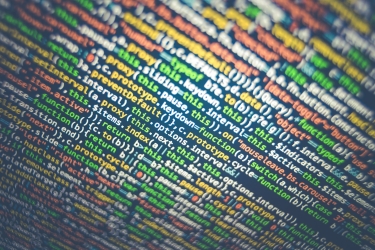In a statement, the American telco said the compromised data includes telephone numbers of "nearly all" of its cellular customers, customers of mobile virtual network operators (MVNOs) using AT&T's wireless network, as well as landline customers.
The compromised data also includes records from 2 January 2023 for a very small number of customers.
CNN reported that the stolen logs contain a record of every number of AT&T customers called or texted, as well as the number of times they interacted and the call duration.
|
|
However, AT&T assured the public the stolen data did not include contents of the call and texts nor the time of the communications.
"The data does not contain the content of calls or texts, personal information such as Social Security numbers, dates of birth, or other personally identifiable information. It also does not include some typical information you see in your usage details, such as the time stamp of calls or texts," AT&T clarified.
"While the data does not include customer names, there are often ways, using publicly available online tools, to find the name associated with a specific telephone number."
AT&T blamed the breach on customer data that was "illegally downloaded" from its workspace on a third-party cloud platform last April, just as it was grappling with an unrelated major data leak.
Chirp CEO and founder Tim Kravchunovsky was concerned it took more than two years to report these "breaches," "so there is no guarantee something similar isn’t happening right now."
"In a digital world where we’re constantly accosted by phishing emails, phone calls and other forms of cyber fraud, the services we pay for shouldn’t create additional holes in our personal security. Clearly, the technological solutions we have in place to secure our data aren’t working any longer, so we need new ones."
He advised blockchain technology and artificial intelligence (AI) make it possible to have much more secure data bases.
"Storing the data on an immutable ledger and tracking threats in real time allows for a rapid response before a breach occurs. Decentralised solutions, like physical infrastructure networks (DePIN), routinely protect large data streams from cyber threats."






